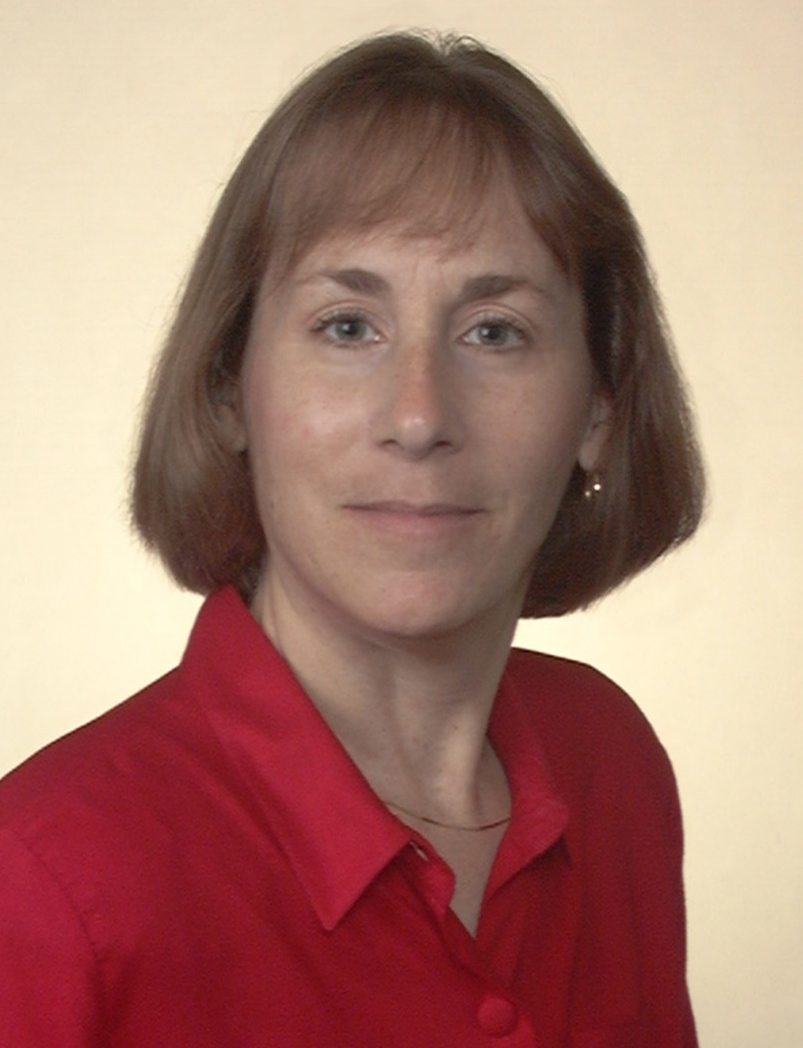Our study indicates that perceptual decision-making is engaged for difficult word recognition conditions, and that frontal cortex activity may adjust how much information is collected to benefit word recognition task performance.
Accomplishments by ERG Alumni
Gail Ishiyama, M.D., a clinician-scientist who is a neurology associate professor at UCLA’s David Geffen School of Medicine, has been investigating balance disorders for nearly two decades and recently coauthored two studies on the topic.
Age Effects on Speech Recognition
Age-related changes in perceptual organization have received less attention than other potential sources of decline in hearing ability. Perceptual organization is the process by which the auditory system interprets acoustic input from multiple sources to create an auditory scene. In daily life this is essential, because speech communication occurs in environments in which background sounds fluctuate and can mask the intended message.
Perceptual organization includes three interrelated auditory processes: glimpsing, speech segregation, and phonemic restoration. Glimpsing is the process of identifying recognizable fragments of speech and connecting them across gaps to create a coherent stream. Speech segregation refers to the process where the glimpses (speech fragments) are separated from background speech, to focus on a single target when the background includes multiple talkers. Phonemic restoration refers to the process of filling in missing information using prior knowledge of language, conversational context, and acoustic cues.
Kenneth Vaden, Ph.D.
Judy R. Dubno, Ph.D.
A July 2018 study in The Journal of the Acoustical Society of America by William J. Bologna, Au.D., Ph.D., Kenneth I. Vaden, Jr., Ph.D. (2015 ERG), Jayne B. Ahlstrom, M.S., and HHF board of directors member Judy R. Dubno, Ph.D. (1986–88 ERG), investigated these components to determine how their declines may contribute to increased speech recognition difficulty with age. As expected, older adults performed more poorly than younger adults. Older adults were less able to make use of limited speech information and reduced continuity. A competing talker created hearing challenges regardless of age. The study concludes, “Taken together, these results suggest that age-related declines in speech recognition may be partially explained by difficulty grouping short glimpses of speech into a coherent message.” —Elizabeth Crofts
In Memoriam: David J. Lim, M.D.
By Nadine Dehgan
Credit: UCLA Head and Neck Surgery
We recognize with profound sadness the recent passing of David J. Lim, M.D., who was pivotal to the establishment of Hearing Health Foundation (HHF) and remained committed to our research throughout his life.
As a member of our Council of Scientific Trustees (CST)—the governing body of HHF’s Emerging Research Grants (ERG) program—and as a Centurion donor, Lim worked tirelessly to ensure the most promising auditory and vestibular science was championed.
Prior to his appointment to the CST, “Lim contributed to our understanding of the mechanics of hearing through his excellent scanning electron micrographs of the inner ear,” says Elizabeth Keithley, Ph.D, Chair of the Board of HHF. Lim pursued this critical work in 1970 through his first of many ERG grants.
“Lim was also one of the founding members of the Association for Research in Otolaryngology (ARO) and served as the historian of this esteemed scientific organization,” says Judy Dubno, Ph.D., of HHF’s Board of Directors. “Along with HHF, he cared deeply about ARO and will be missed by many.”
Most recently, Lim was a surgeon-scientist and a director of the UCLA Pathogenesis of Ear Diseases Laboratory, where he was considered an authority on temporal bone histopathology, morphology and cell biology of the ear, and the innate immunity of the middle and inner ear.
We, the HHF community, are grateful to have known and to have benefited from Lim’s wisdom, good humor, and kind spirit. HHF will honor his legacy by continuing our mission, knowing we are indebted to his leadership and dedication to advancements in hearing health.





